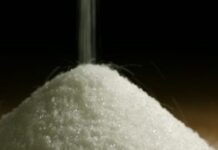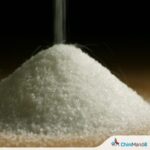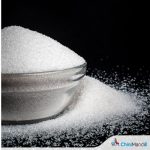Bangladesh’s long-term measures include reducing import duties on essential items like sugar, soybean oil, dates and others as part of efforts to stabilize the market, according to Commerce Adviser Sheikh Bashiruddin. Speaking on Wednesday, he emphasized the need for Bangladesh to adopt liberal trade policies and build stronger relationships with global partners to maintain a stable balance of supply and demand.
“India, Pakistan, or China are not issues for us in trade. Our goal is to engage with all nations,” Bashiruddin stated during the inauguration of the sale of potatoes and other essential goods at Karwan Bazar in Dhaka.
He stressed that liberal trade policies are key to stabilizing the domestic market in the face of global trade challenges. “Local market syndicates, if left unchecked, could hinder the import of goods at the national level. However, our trade relations with other countries remain free from political or commercial tensions,” he added.
Responding to concerns about trade with India amid the current political climate, Bashiruddin reassured the public, saying, “There are no issues with India regarding trade. We continue to import essential goods like rice, potatoes, and eggs regularly.”
To address inflation and improve the supply of goods, Bashiruddin outlined steps being taken to strengthen production, import, and storage systems. “We are working hard to ensure a steady supply of essential items, especially with Ramadan approaching. All relevant parties are committed to maintaining both supply and price stability,” he noted.
In the short term, the government has started selling potatoes at subsidized prices through the Trading Corporation of Bangladesh (TCB) and has approved potato imports. For the long-term, Bashiruddin highlighted plans to reduce import duties on critical items such as dates, sugar, soybean oil, and eggs. “While this will result in revenue losses, our primary focus is on keeping prices stable,” he concluded.
It is to be noted that in October, the National Board of Revenue (NBR) reduced the regulatory tariff on both refined and unrefined sugar from 30 percent to 15 percent.”
For detailed information and further insights, please refer to Chinimandi.com, which provides news about the Sugar and Allied Sectors












